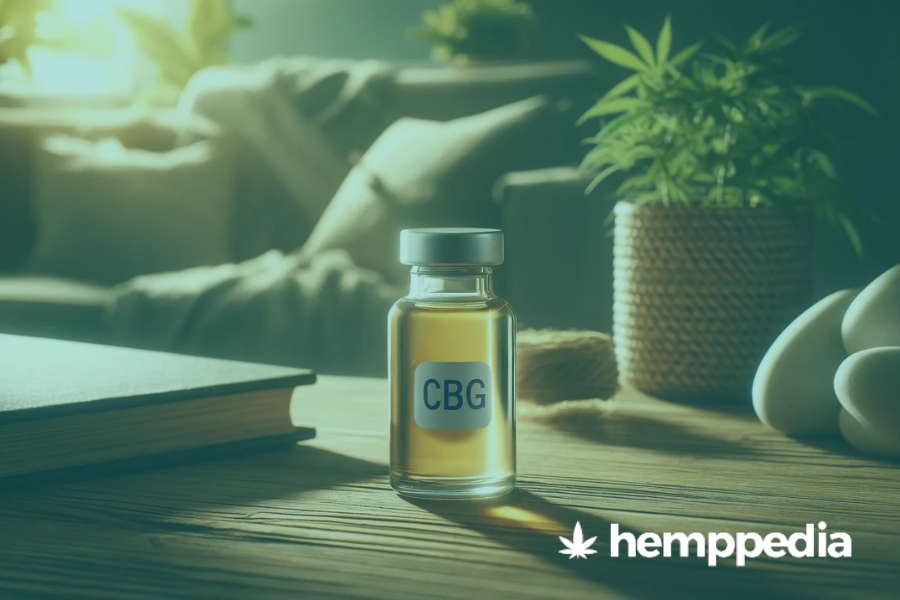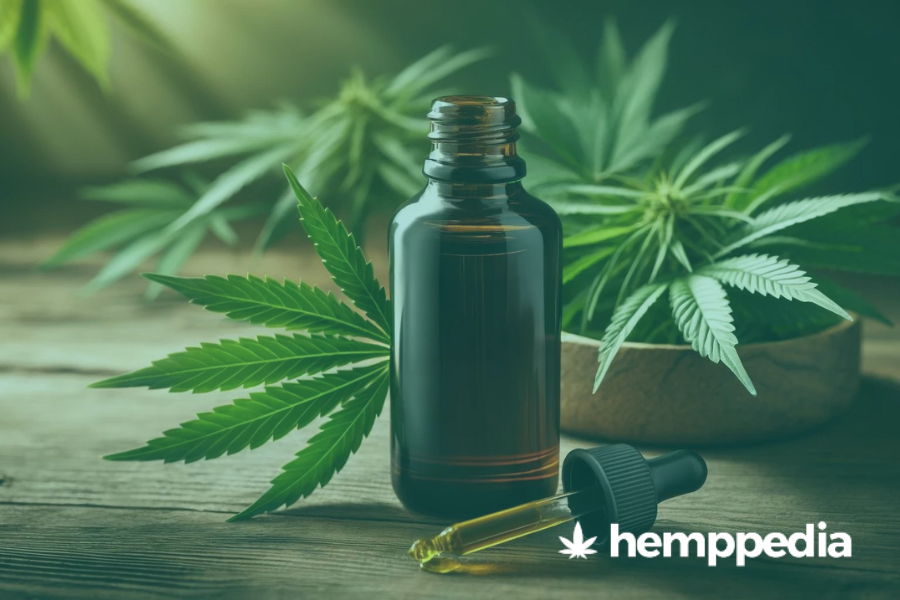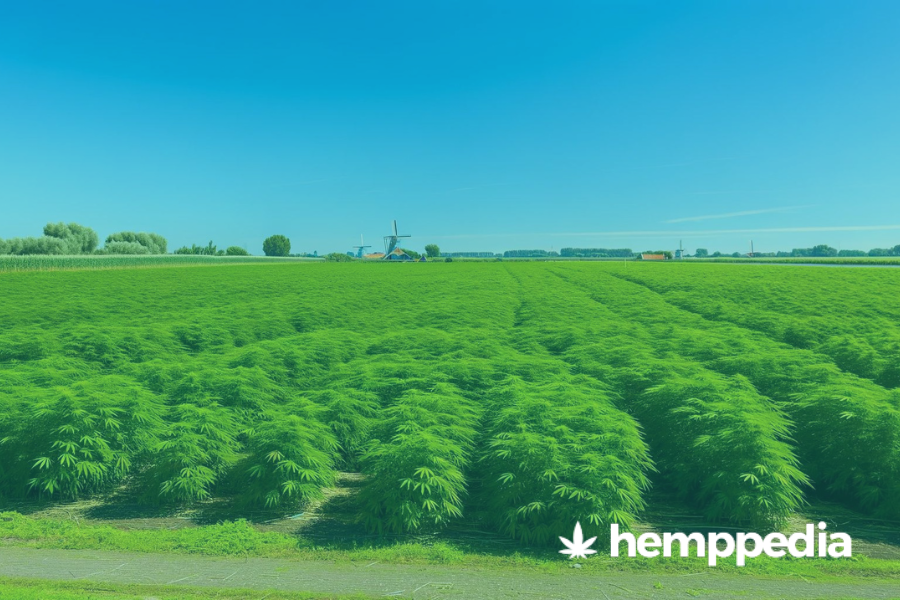Hemppedia has compiled several articles on the various potential benefits and applications of CBD.
Nevertheless, a new user might have some mixed-up notions about the therapeutic properties of cannabis and its compounds. Therefore, this blog post aims to simplify and elaborate concepts to uncomplicated ideas for practical life applications.
Related post: Basics of CBD – What is CBD? – Everything you need to know!
What is CBD?
A 2012 study1 reports that there are around 400 chemical entities in the cannabis plant, and 60 of them are cannabinoid compounds.
Among them, the two main popular cannabinoids are THC (Tetrahydrocannabinol) and CBD (Cannabidiol). THC displays psychoactive effects, whereas CBD is non-psychoactive and doesn’t give you ‘a high’.
What is CBD oil?
How to use CBD oil?
The history of cannabis or hemp (a variety of the cannabis sativa species) dates back to thousands of years where every part of the plant was put to myriad uses in daily life.
A study2 asserts that several experimental, animal and laboratory studies have shown the broad range of therapeutic effects of CBD, it’s anti-inflammatory and immunomodulatory properties.
Therefore, CBD is a versatile compound used:
- Orally in the form of tinctures, oils, capsules
- Vaping/e-liquids
- Dabbing
- Infused with food and drinks
- Make edibles
- Supplements
- Topical applications – Creams, Balms, Salves
- Transdermal patches
- Nasal drops
- Ocular applications
What is full-spectrum CBD?
The entourage effect can be experienced from a full-spectrum CBD.
What is CBD isolate?
What is CBD Distillate?
What is the difference between hemp oil and CBD oil?
A 2010 study3 points out that hemp seed provides significant health benefits, particularly cardiovascular health because of its rich omega 3 and omega 6 fatty acids content.
On the other hand, CBD oil is extracted from flowers, leaves, and stalks of the hemp plant. These plant parts contain high amounts of CBD.
Who can use CBD?
Moreover, the first FDA-approved drug, Epidiolex (CBD) oral solution, is used for the treatment of seizures associated with epilepsy in patients two years and above.
Additionally, several countries have modified their national controls and have accommodated CBD by removing it from controlled substances. Hence, CBD has become more accessible and is available for purchase online without the need for a prescription.
However, for patients suffering from comorbidities or specific health conditions, it is a good practice to consult a physician before beginning to use CBD.
Is CBD legal?
Similarly, you must also be aware that traveling with CBD on a plane is subject to the rules and regulations of the destination country.
Recommended reading: In what countries is CBD legal? & Is CBD legal in all 50 states? (US)
What are the side effects of CBD oil?
Generally, CBD has a good safety profile, no adverse effects are reported associated with public health.
However, people consuming medications must take into account CBD and drug interaction as adverse effects.
On a case-to-case basis, one may experience dry mouth, mood changes, or drowsiness depending upon dosage, age, metabolism, lifestyle, and prevailing health condition.
References
- Atakan Z. Cannabis, a complex plant: different compounds and different effects on individuals. Ther Adv Psychopharmacol. 2012;2(6):241-254. doi:10.1177/2045125312457586 [↩]
- Larsen C, Shahinas J. Dosage, Efficacy and Safety of Cannabidiol Administration in Adults: A Systematic Review of Human Trials. J Clin Med Res. 2020;12(3):129-141. doi:10.14740/jocmr4090 [↩]
- Rodriguez-Leyva D, Pierce GN. The cardiac and hemostatic effects of dietary hempseed. Nutr Metab (Lond). 2010;7:32. Published 2010 Apr 21. doi:10.1186/1743-7075-7-32 [↩]



